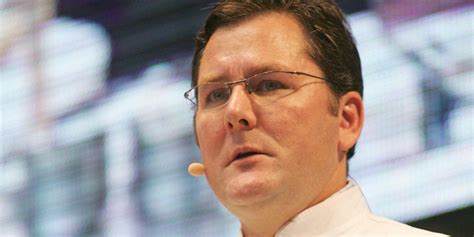A Quote by Joel Fuhrman
Meeting the body's micronutrient needs helps to suppress food cravings, and high-nutrient foods do not produce dangerous, addictive craving.
Related Quotes
When I got pregnant with my first child, I was vegan. And when I got pregnant, my body was craving meat so much. I started out slowly with eggs, then cheese, then I was like, 'OK, I need a steak!' I had to listen to my body - my cravings were so strong with the first one. When I got a craving for a food, I needed it five minutes ago.
There's cleanliness to how I eat now. I'm much more in tune with my body, so now that I'm so in tune based on having become a semivegan, I can tell what foods affect energy levels. I can tell when I've been eating particularly high nutrient foods or I can tell when my glycemic levels are all over the place.
But on average, I go to the gym about four or five times a week. Today, I'm so experienced in training - I'm actually listening to my body now. My body needs freedom. When I train I create serenity and I produce oxygen in my blood. It helps me to think better and relax. By training, you accentuate the problem.

































